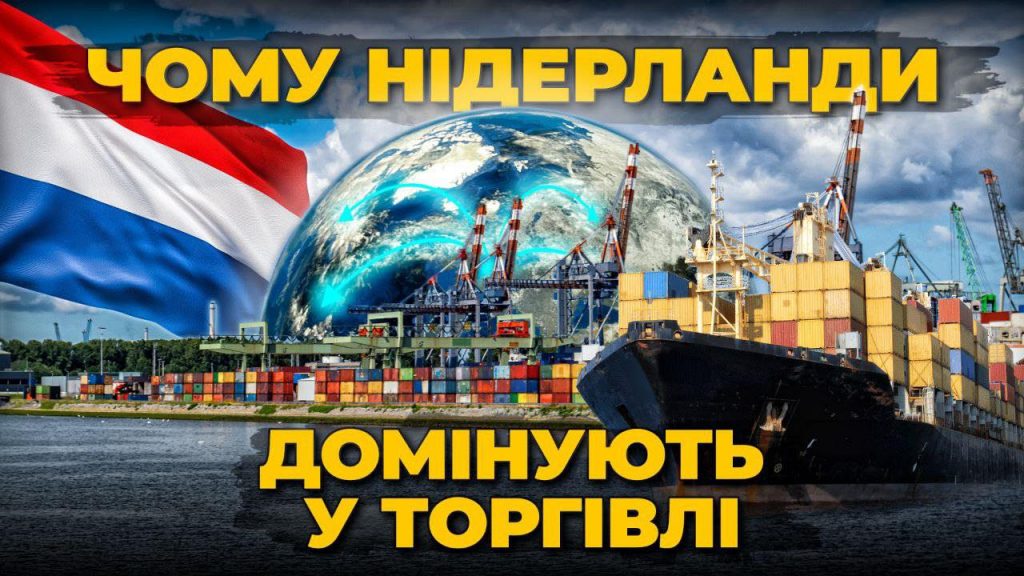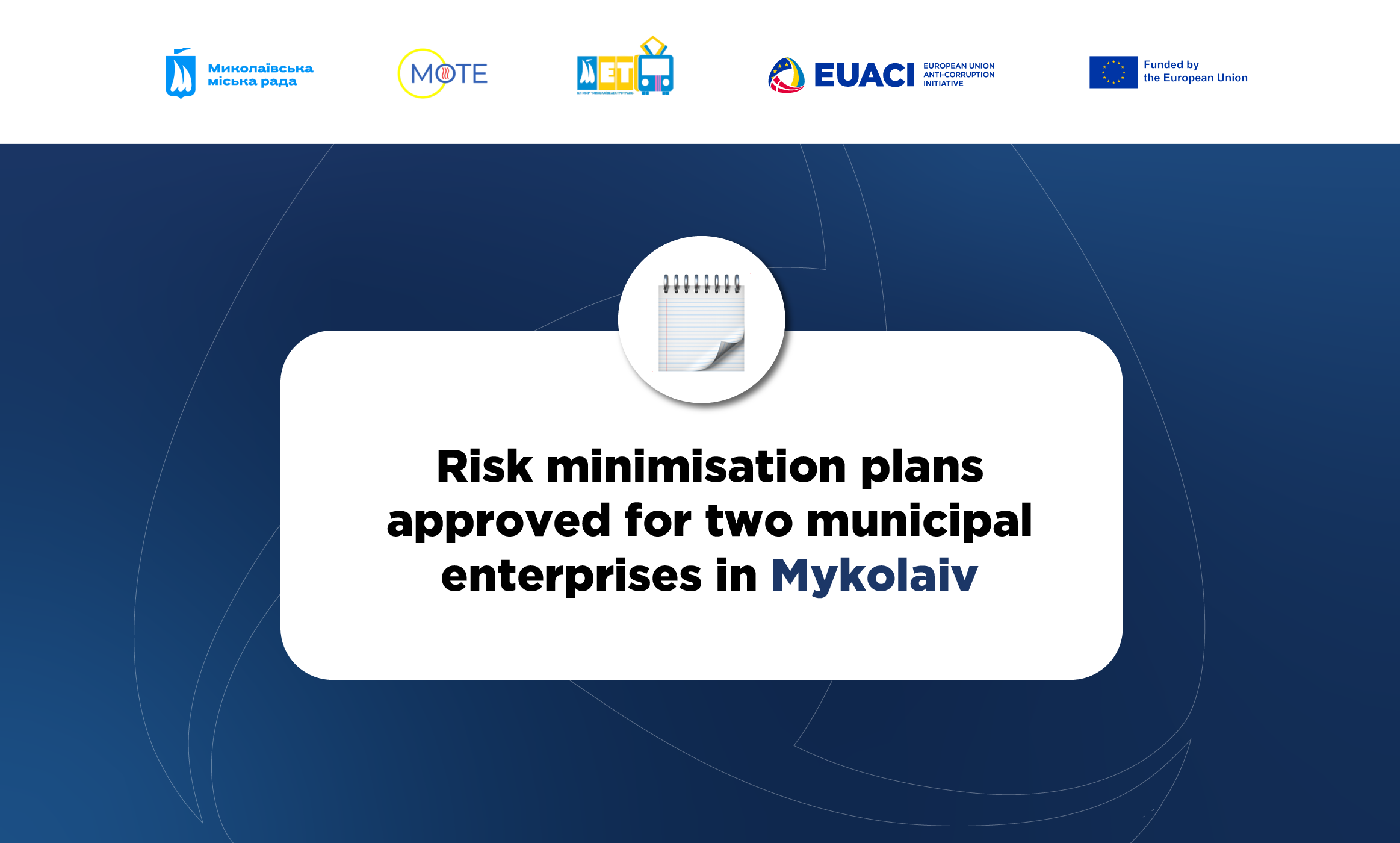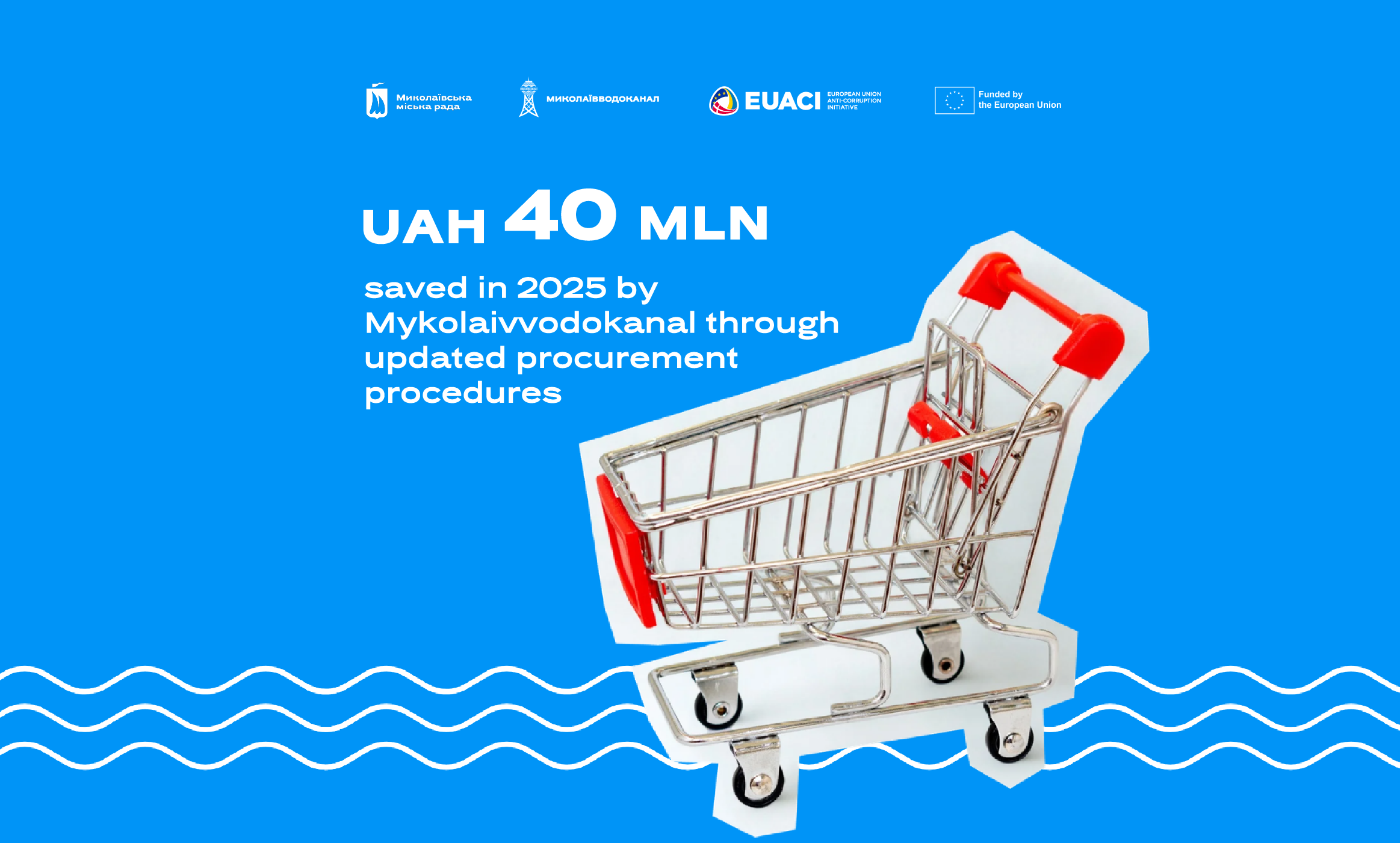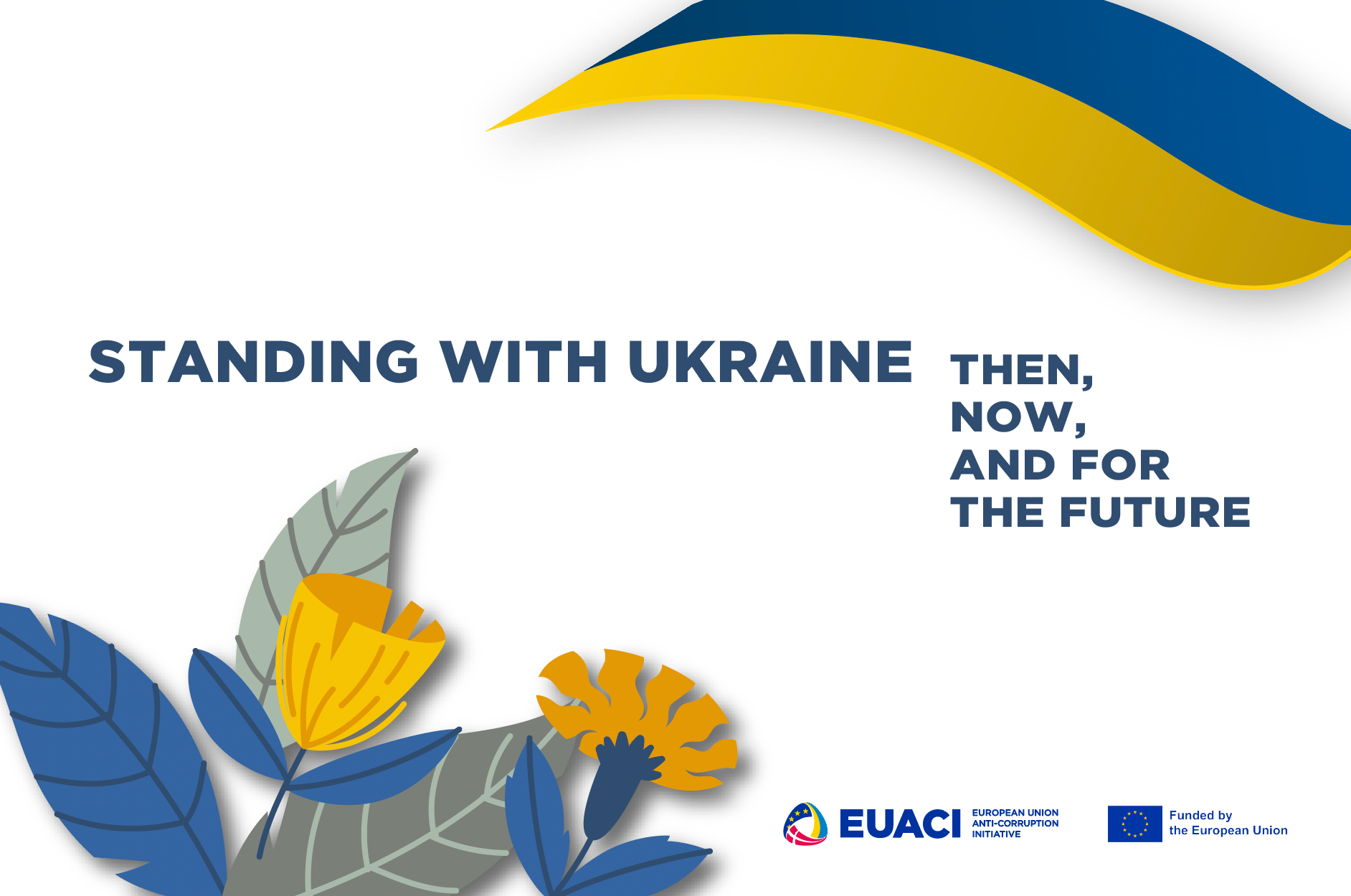The Netherlands is a country through which 35% of all imported goods to the EU pass and that has turned its customs system from a bureaucratic barrier into a driver of trade and economic growth.
In the new video by “Cost of the State” — “How the Netherlands Earn Billions from Customs” — experts explain how this system works and what practices Ukraine can adopt to make its own customs processes transparent, fast, and corruption-proof.
Among the solutions that can already be adapted in Ukraine:
- harmonisation of customs and tax legislation with EU standards;
- unification of customs clearance procedures;
- electronic data exchange with EU countries;
- introduction of an automated risk management system;
- development of business partnerships and authorised economic operator (AEO) programmes for trusted participants.
The result: fewer queues, more official trade, faster movement of goods, objective and transparent cargo screening, reduced corruption risks, higher business competitiveness, improved quality control, and a smaller shadow market.
Watch the full video on Cost of the State to learn how the Netherlands’ experience can help Ukraine build an efficient, honest, and technology-driven customs service: https://youtu.be/svTgaj36-E0?si=ntYFBDHkjskrn8Am.
The project is supported by the EU Anti-Corruption Initiative (EUACI). The views expressed in the video do not necessarily reflect those of EUACI, the European Union, or the Ministry of Foreign Affairs of Denmark.



